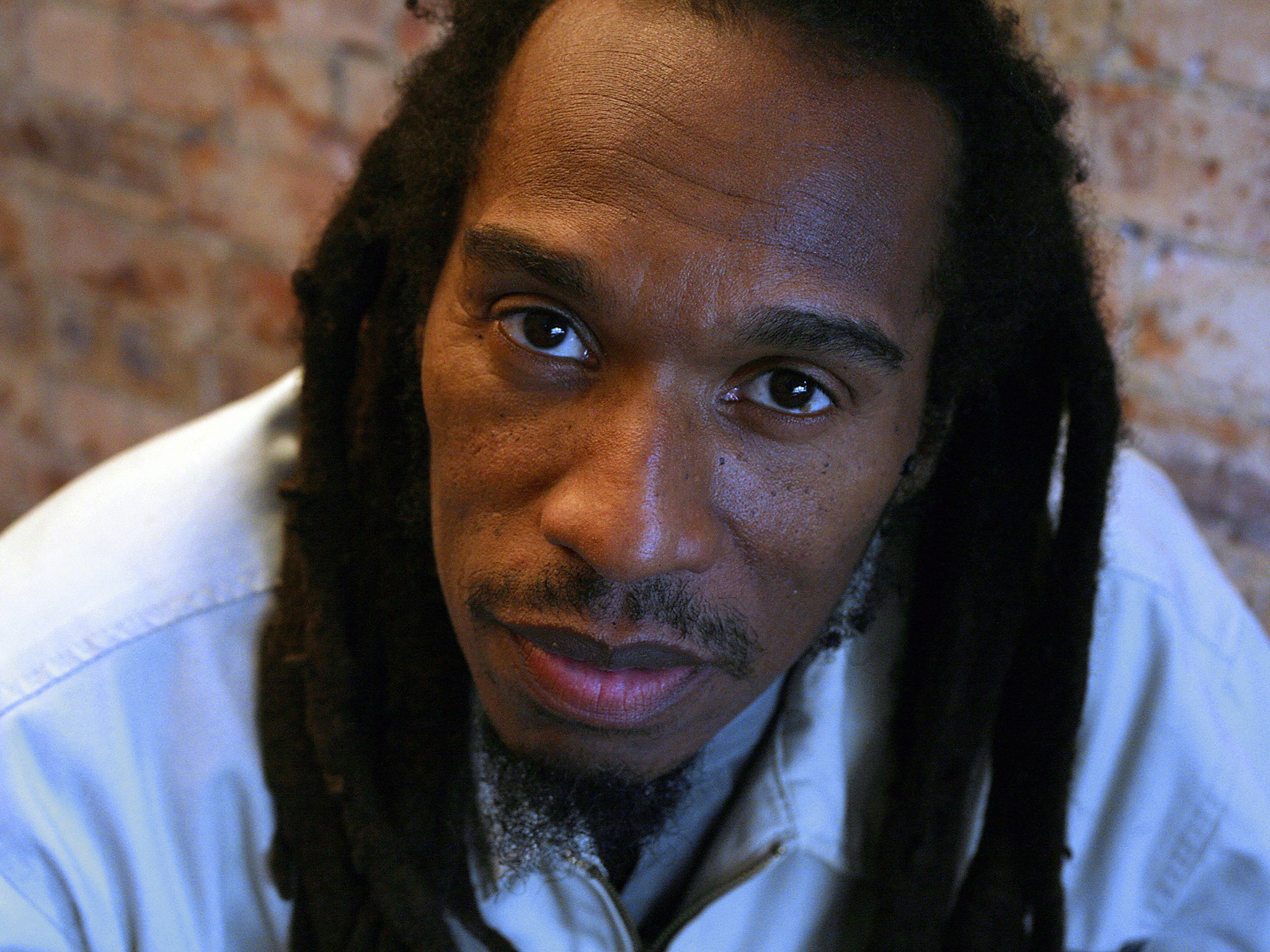Benjamin Zephaniah makes powerful statement over poet laureate candidacy
Carol Ann Duffy is due to stand down from the position in May 2019, but Zephaniah has ruled himself out of taking on the title

Benjamin Zephaniah has vehemently reacted to being named one of the candidates for the next poet laureate.
Carol Ann Duffy is due to stand down from the position in May 2019, with Simon Armitage, Patience Agbabi, Daljit Nagra, Patience Agbabi, Vahni Capideo, Wendy Cope, and Zephaniah all named potential successors.
The Poet Laureate — which was a position for life until Duffy’s predecessor, Andrew Motion, limited his tenure to 10 years — has no statutory duties but is expected to create verse to mark significant national events, in return for the prestigious title. They also get a cask of sherry and an annual honorarium of £5,750.
A panel of literary experts is set to present a shortlist to the secretary of state at the DCMS and the prime minister, who will make a final decision to put forward for the Queen.
Zephaniah is an outspoken critic of the monarchy and previously turned down an OBE in 2003, commenting: “OBE, me? Up yours, I thought...I get angry when I hear that word “empire”; it reminds me of slavery, it reminds of thousands of years of brutality, it reminds me of how my foremothers were raped and my forefathers brutalised.”
Responding to his candidacy for poet laureate, the poet, author, actor and musician tweeted: “I have absolutely no interest in this job. I won’t work for them. They oppress me, they upset me, and they are not worthy.
“I write to connect with people and have never felt the need to go via the church, the state, or the monarchy to reach my people. No money. Freedom or death.”
The poet John Agard has also criticised the way the laureate is chosen, telling the Guardian: “I’m certain that the prime minister is very familiar with the iambic pentameter. But since poets don’t have the final say in politics, logically speaking there’s no reason why politicians should have the final say in poetry.”
Cope, who was strongly favoured when Andrew Motion was appointed in 1999, has also ruled herself out, having previously called for the position to be abolished in 2009.
In her 10 years, Duffy – the first woman and the first Scot to hold the post – wrote poems to mark the deaths of Henry Allingham and Harry Patch (the last two British soldiers to fight in WWI), the wedding of the Duke and Duchess of Cambridge, and The Queen’s Diamond Jubilee. Recently she composed “The Wound In Time” to mark the 100th Armistice Day next weekend.
Subscribe to Independent Premium to bookmark this article
Want to bookmark your favourite articles and stories to read or reference later? Start your Independent Premium subscription today.

Join our commenting forum
Join thought-provoking conversations, follow other Independent readers and see their replies